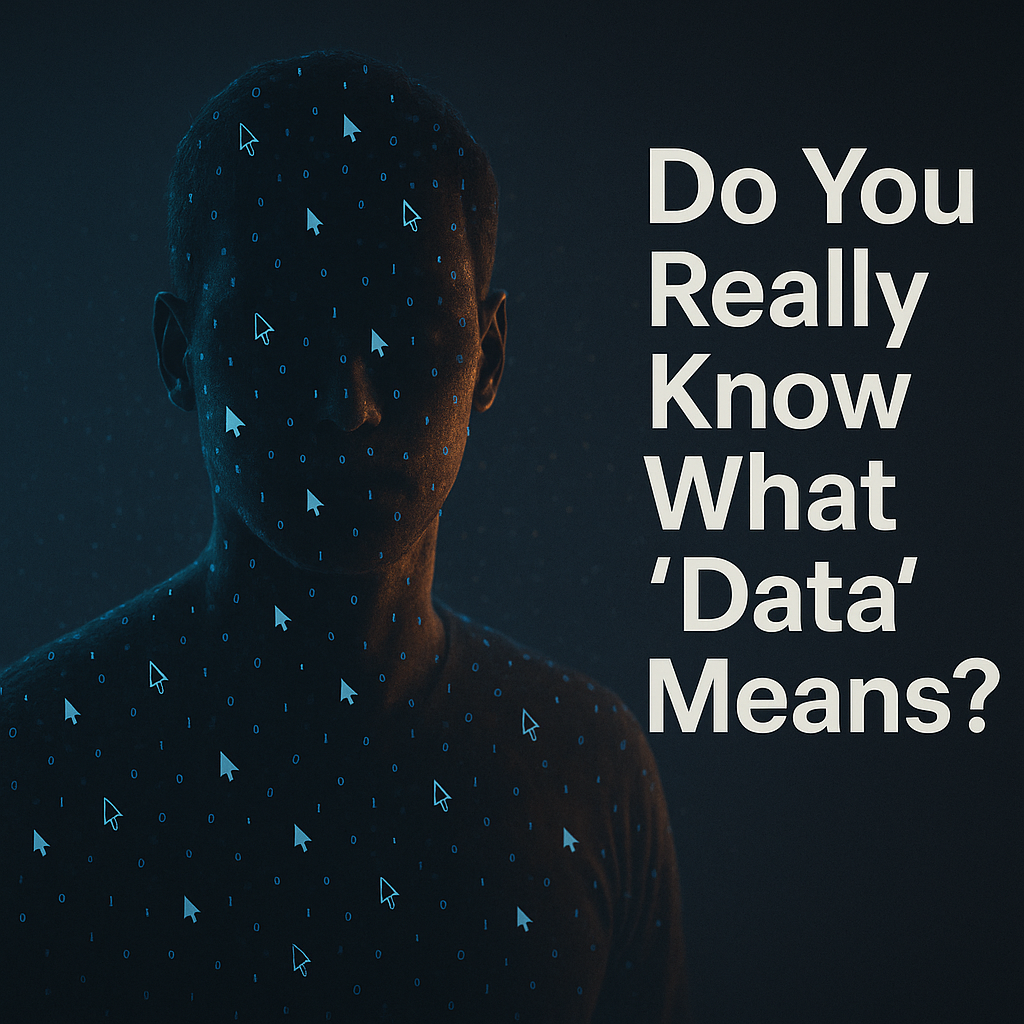Do You Really Know What “Data” Means?
Data today goes beyond names and emails. It’s the hidden fragments of identity that fuel AI and business. From cookies to browsing habits, companies collect and trade this information, raising ethical, legal, and trust challenges that shape the future of digital privacy.





